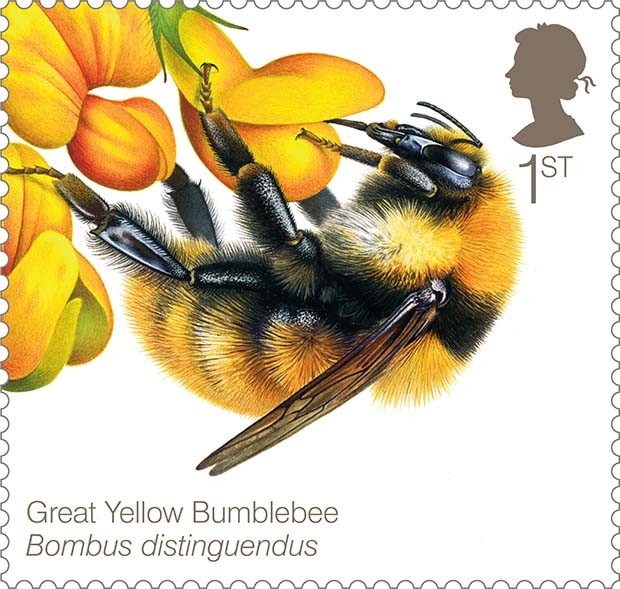Bees living in suburban habitats are still being exposed to significant levels of pesticides despite the EU ban on the use of neonicotinoid pesticides on flowering crops, new research from University of Sussex scientists shows. The study, with colleagues at Stirling University and Rothamsted Research, found that neonicotinoid exposure for rural bumblebees declined after the ban's implementation in 2015 but the risk to bumblebees in suburban gardens remained largely the same.
As well as bug sprays, contaminated ornamental plants sold in garden centres play a key role in spreading neonicotinoids through suburban areas. A previous study by the University of Sussex revealed that 70% of bee-friendly plants sold at a range of garden centres had traces of neonicotinoids.
For nectar samples collected from rural bumblebee colonies, concentrations of the pesticide thiacloprid, an active ingredient in many bug sprays sold in garden centres and not included in the EU restriction, significantly increased between 2013 and 2015, replacing the banned chemicals.
Researchers were also concerned to find bee food was often contaminated with imidacloprid, a neonicotinoid which is very rarely used against crop pests any more. Its continued presence raises concerns about the persistence of chemicals in agro-environments even after their application has stopped. The researchers believe that the continued contamination could also be due to pet flea treatments, which still often contain this chemical.
The study found many bee populations are still subject to pesticide levels that previous studies have shown could lead to slower colony growth and the production of fewer new queens, as well as detrimental impacts on foraging and navigation, immunity and worker mortality.
Read more at: https://phys.org/news/2018-07-bin-bug-eu-pesticide-suburban.html#jCp

- Login om te reageren
